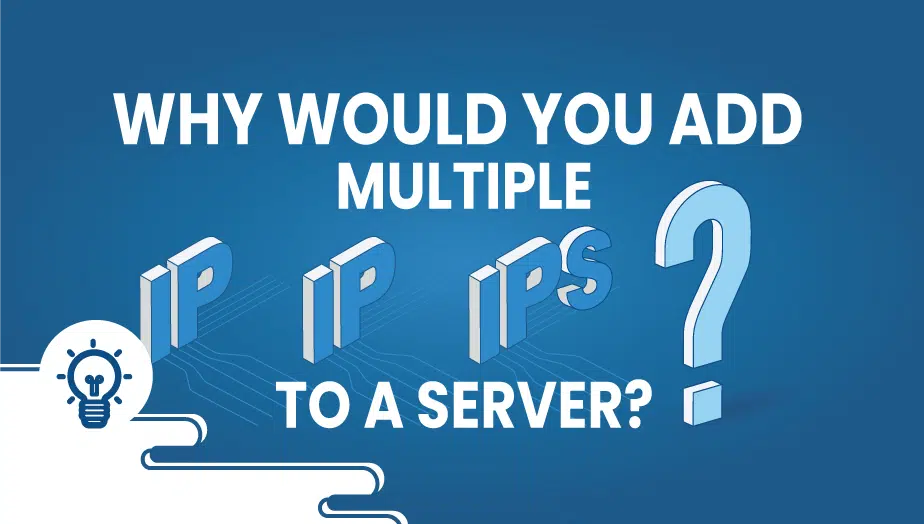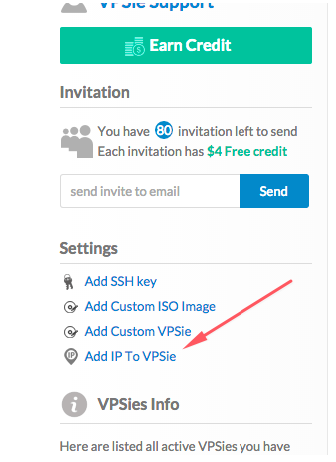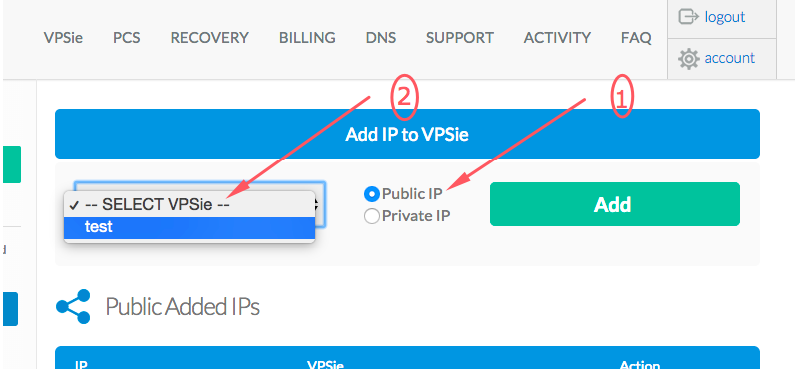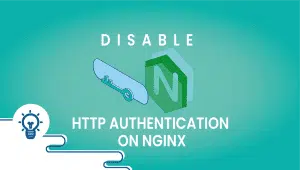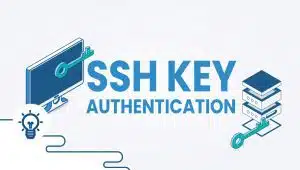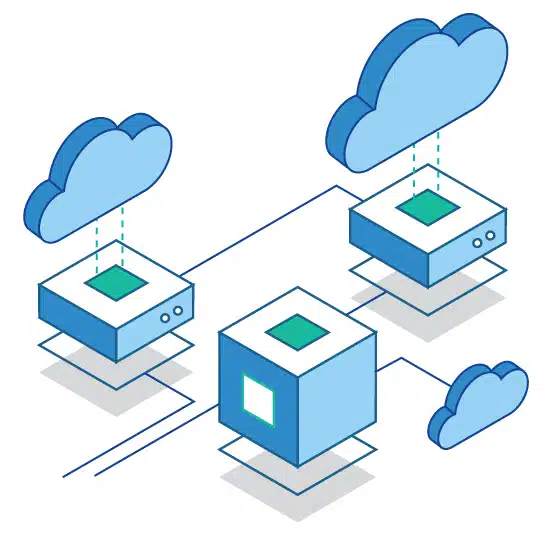When hosting websites or applications on a server, having multiple IPs can offer several benefits. Here are some of the principal reasons why you might choose to add multiple IPs to a server:
- Hosting multiple websites: If you need to host multiple websites on a single server, each site can be assigned its IP address. This can be useful for separating different areas and ensuring that they are not affected by each other’s traffic or issues.
- SSL certificates: If you need to install SSL certificates for multiple domains, each certificate will typically require a unique IP address. By adding various IPs to your server, you can ensure each part has its own SSL certificate and avoid any certificate errors or warnings.
- Email deliverability: When sending emails from your server, having a dedicated IP address can improve your email deliverability rates. Some email providers may be more likely to flag or block emails sent from shared IP addresses.
- IP-based access controls: Some applications or services may require IP-based access controls for security purposes. Multiple IPs allow you to assign specific IPs to certain users or applications and control access more granularly.
We are proud to introduce adding multiple IPs to your VPSie server (Linux, Windows, Custom); our clients have received numerous requests requesting adding IP features.
Now you can simply add private and public IPv4 addresses to your VPSie server in one click by following these steps:
While logged in to your account – On the left side menu, click add IP to VPSie:
1- Select Private IP or Public IP as needed.
2- Select the VPSie you would like to assign the new IP
Once you click Add – You can immediately use the newly added IP.
All network-related specifications (Gateway, Netmask, IP range, Broadcast address, and network address) under VPSie –> Actions tab –> Networking.
Note: PCS (Private Cloud Solutions) users can also add IPs within PCS to the dedicated Firewall within the PCS menu —> Add IP to PCS.
Many of our users who would see this post might ask why additional IPs might be needed on a server; here are some of the reasons:
1- Host multiple sites that might require unique SSL certificates.
2- To test or trial a failover / High availability setup.
3- Receive requests/traffic on a specific Ip for a specific service that conflicts with the main server IP.
4- If you have a failed IP server and want to keep services up on that IP.
5- To support different hostnames in rDNS (Reverse DNS).
6- To run the same service multiple times on multiple IPs.
7- Use different public IP addresses to avoid firewall conflicts or being blocked in SPAM filters.
8- To dedicate an IP for outbound mailing purposes (ex: marketing and transactional emails).
9- To set up a device with a default IP address and thus you need to add an address on the same network.
10- Having multiple IP networks on the same physical/virtual/logical VLAN or network segment will prevent traffic from being exchanged via the same gateway.
11- Reducing the load on one network adapter (interface) or load balance of different request types.
12- To use a new IP address you plan to transfer to another server later.
13- Helpful if you want to do NAT (Network Address Translation) on a specific port to different services.
14- Helpful for 1:1 NAT scenarios on firewall/routers or Router-on-stick scenarios.
15- Using active/passive load balancers or Firewall high availability.
There are many other usage scenarios; however, this is the most common.
If you don’t already have an account, Try us free for a month using this
Install CSF On Ubuntu
An IP address is a unique identifier assigned to each device connected to the internet. It allows other devices to locate and communicate with the device.
There are several reasons why you might need multiple IP addresses on a server, including hosting multiple websites, SSL certificates, email deliverability, IP-based access controls, and more.
When hosting multiple websites on a single server, assigning each site its IP address can help to separate traffic and reduce the risk of interference between websites. Additionally, some search engines may prefer websites with unique IP addresses, which can help to improve search engine rankings.
Each certificate typically requires a unique IP address when installing SSL certificates. Adding multiple IP addresses to your server ensures each domain has its own SSL certificate and prevents certificate errors or warnings.
Yes, having a dedicated IP address can help to improve email deliverability rates. Some email providers may be more likely to flag or block emails sent from shared IP addresses.
Some applications or services may require IP-based access controls for security purposes. Multiple IPs allow you to assign specific IPs to certain users or applications and control access more granularly.
The process for adding multiple IP addresses to a server can vary depending on the operating system and hosting provider. Generally, it involves purchasing additional IP addresses, editing configuration files, and restarting network interfaces. It is recommended to consult with your hosting provider or system administrator for specific instructions.
There are no inherent risks to using multiple IP addresses on a server. However, adding multiple IP addresses may increase your network configuration’s complexity, which could introduce new security risks or configuration issues. Ensuring your network configuration is adequately secured and tested after making changes is crucial.

